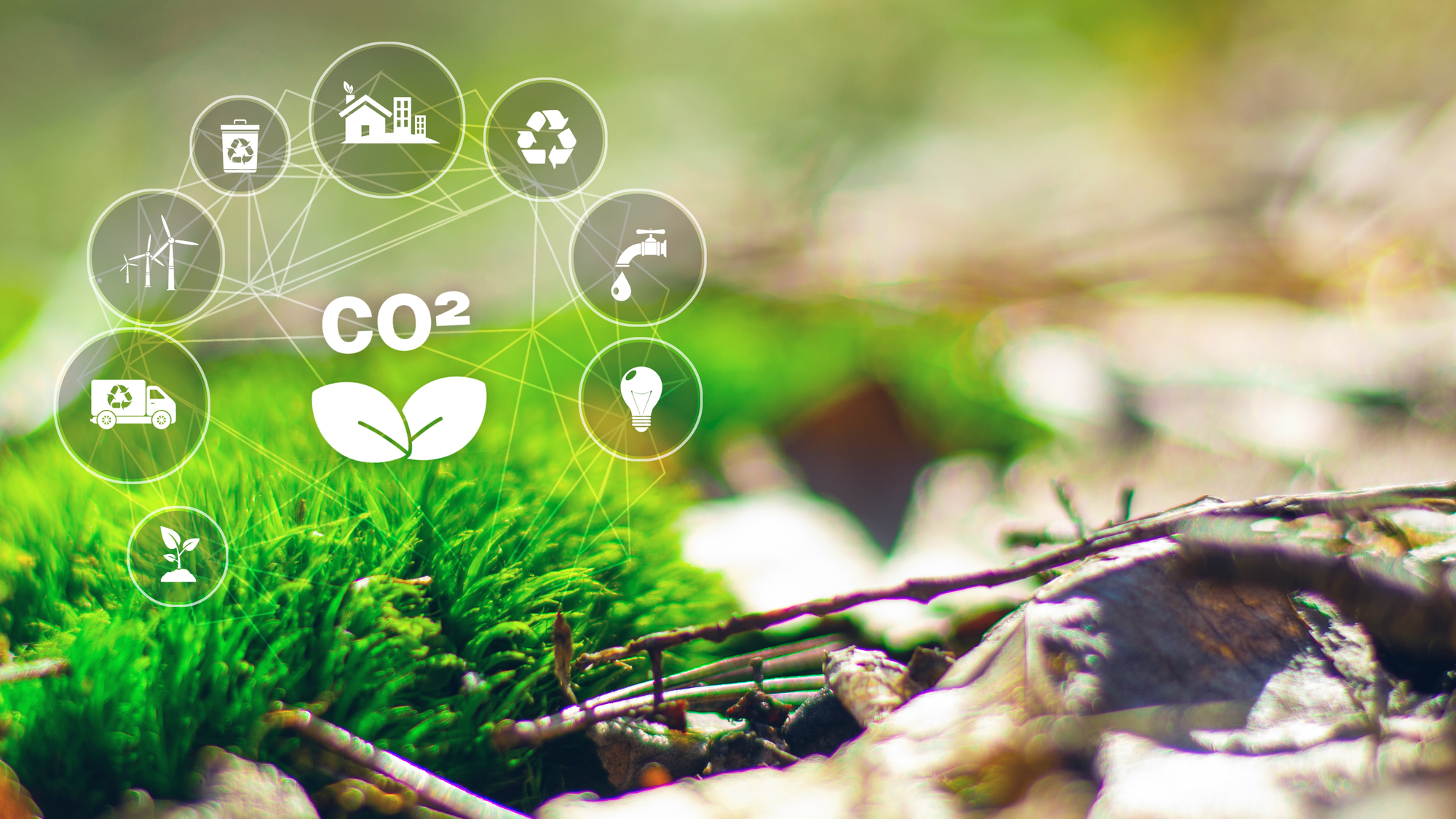With a two-pronged approach REUSE2030 is promoting the understanding of the current production cycle in terms of emissions and effects, while offering tangible solutions by collecting already implemented circular practices and case studies.
The Zero Carbon Tool is a user-friendly solution that helps SMEs to better understand their environmental impact.
It simplifies Life Cycle Assessment calculations, making it easier for companies to measure their carbon footprint and evaluate how their products and operations affect the environment. At the same time, it offers practical advice on how to improve, guiding businesses in redesigning their products and production processes to be more sustainable. When creating the Tool, REUSE2030 considers other goals such as compliance with ESG reporting requirements and other new regulations, raw material flows and the fact that markets and customers also pressure producers to improve their resource and energy efficiency, engage in circular economy activities. Perhaps most importantly, it supports companies in identifying opportunities to cut costs or boost revenue by adopting greener practices.
The design of the Zero Carbon Tool aligns with widely recognized methods in LCA and carbon footprint calculation as well as recent EU policies and recommendations. It walks users through the entire process – from setting goals and entering data to analysing environmental impacts and exploring ways to improve.
Along the way, it offers access to practical examples and real-life case studies through the Digital Circular Inventory, and helps generate clear reports that can be used for internal planning or external communication.
The Digital Circular Inventory mentioned above is our second tool. This tool helps businesses decrease waste, reuse materials, and optimise resources in their manufacturing processes by giving them easy access to circular economy solutions. Key information about waste streams (plastic & composites, hazardous materials & chemical waste, metal scraps), and educational materials are arranged for convenience.
A database of Case Studies gathered from mechanical companies forms the foundation of the Digital Circular Inventory. The five fundamental circular principles—reuse, reduce, recycle, recover, and rethink—as well as the three waste streams mentioned above, are the focus of this targeted approach, which enables the provision of validated Case Studies and solutions collected from mechanical companies.
The two tools reinforce each other – possible interventions pointed out by the Zero Carbon Tool can transformed into tangible actions inspired by real-life solutions found in the Digital Circular Inventory.
Transnational Conferences and Local Conferences will be organized later in 2025 to demonstrate these two tools.
We are looking forward to make an impact and create a more sustainable, circular future for mechanical companies!
